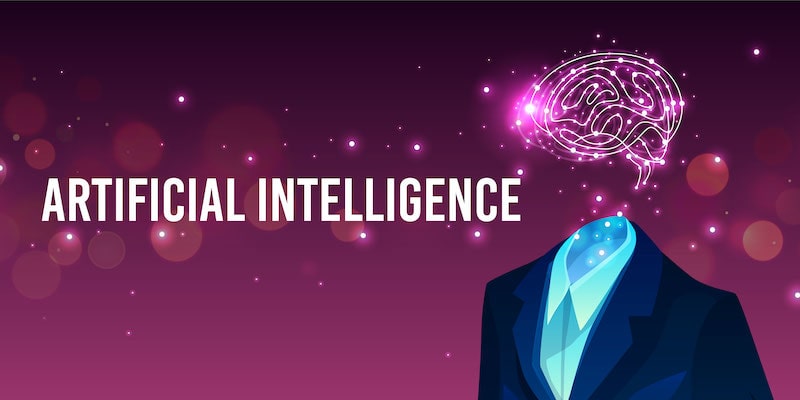IntelliSense is a powerful and versatile smart detector and sensor system that utilizes advanced technologies to gather and analyze data from its environment. With its intelligent capabilities, IntelliSense revolutionizes various industries and offers enhanced functionalities for real-time monitoring, automation, and decision-making.
IntelliSense is designed to optimize safety, security, and efficiency in diverse applications. Whether it’s in homes, commercial spaces, industrial settings, or smart cities, IntelliSense provides accurate and timely information to enable proactive measures and improve overall operations.
The key features of IntelliSense include:
- Advanced Detection: IntelliSense employs state-of-the-art sensors and algorithms to detect and identify a wide range of factors, such as motion, temperature, humidity, gas leaks, and more. This enables prompt and precise response to potential risks and abnormalities.
- Real-time Monitoring: With its ability to continuously monitor environmental conditions, IntelliSense offers real-time data updates, allowing users to stay informed about critical parameters. This helps in making informed decisions and taking necessary actions promptly.
- Intelligent Analytics: IntelliSense incorporates artificial intelligence and machine learning capabilities to analyze the collected data. By identifying patterns, anomalies, and trends, it provides valuable insights that can be used to optimize operations, predict maintenance needs, and improve efficiency.
- Connectivity and Integration: IntelliSense is designed to seamlessly integrate with existing IoT infrastructures, enabling connectivity and data exchange with other smart devices and systems. This integration fosters a cohesive and interconnected ecosystem, facilitating streamlined processes and enhanced functionality.
- User-friendly Interface: IntelliSense features a user-friendly interface that allows for easy configuration, customization, and monitoring. The interface provides intuitive controls and visualizations, making it simple for users to interact with the system and access relevant information.
- Scalability and Flexibility: IntelliSense is scalable, accommodating various deployment sizes and environments. Whether it’s a single smart home or a complex industrial facility, the system can adapt to different needs and requirements, ensuring its effectiveness across different scenarios.
- Energy Efficiency: IntelliSense optimizes energy consumption by intelligently controlling devices and systems based on occupancy, usage patterns, and environmental conditions. This not only reduces energy waste but also contributes to sustainability and cost savings.
Conclusion
IntelliSense, with its cutting-edge technology and intelligent features, is at the forefront of the smart detectors and sensors landscape. It empowers industries and individuals to make data-driven decisions, improve safety and security, enhance efficiency, and unlock the full potential of a connected and intelligent world.
Understanding the Disadvantages of IntelliSense Technology:
IntelliSense, a sophisticated and intelligent sensing and detection technology, offers numerous benefits and advancements in various fields. However, like any other technological innovation, it also comes with certain limitations and disadvantages. In this blog, we will delve into the potential drawbacks of IntelliSense technology, helping us gain a comprehensive understanding of its shortcomings and challenges.
- Complexity and Cost: One significant disadvantage of IntelliSense technology is its inherent complexity. The advanced algorithms, integration with IoT systems, and sophisticated analytics require specialized expertise for installation, configuration, and maintenance. This complexity often translates into higher costs, as organizations need to invest in skilled professionals, training, and infrastructure to fully utilize and maintain IntelliSense systems.
- Privacy and Security Concerns: IntelliSense technology relies on collecting and analyzing data from various sensors and devices. While this offers valuable insights, it also raises concerns about privacy and security. The abundance of sensitive data, such as personal information and environmental conditions, may be vulnerable to breaches or misuse if not adequately protected. Organizations must implement robust security measures to safeguard the data collected by IntelliSense systems and ensure compliance with data protection regulations.
- Reliance on Connectivity and Power: IntelliSense systems heavily rely on connectivity and power sources to function effectively. Any disruptions in network connectivity or power supply can limit their capabilities. In remote or rural areas with limited infrastructure, where stable connectivity and power supply may be a challenge, the reliability and performance of IntelliSense technology may be compromised.
- Calibration and Maintenance Requirements: To ensure accurate detection and sensing, IntelliSense systems often require regular calibration and maintenance. Sensors and devices used in these systems may drift or degrade over time, affecting their performance and reliability. The need for ongoing calibration and maintenance activities adds to the operational costs and demands the allocation of resources for monitoring and upkeep.
- False Positives and False Negatives: IntelliSense technology, despite its advanced algorithms, is not immune to false positives and false negatives. In certain situations, the system may generate incorrect alarms or fail to detect specific events accurately. This can lead to unnecessary disruptions, loss of trust in the system, and potentially dangerous consequences if critical events are missed.
- Compatibility and Integration Challenges: Integrating IntelliSense technology with existing systems and infrastructure can present compatibility challenges. It may require customization and adaptation to ensure seamless integration with different platforms, devices, and protocols. Lack of compatibility can hinder the full utilization of IntelliSense capabilities or require additional investments in system upgrades or replacements.
Conclusion
While IntelliSense technology brings significant advancements and benefits, it is essential to acknowledge its disadvantages and limitations. Understanding these challenges allows for a balanced evaluation of its implementation and ensures appropriate measures are taken to mitigate the associated risks. By addressing concerns related to complexity, privacy, connectivity, calibration, and compatibility, organizations can harness the potential of IntelliSense while minimizing its drawbacks, leading to more effective and efficient deployments in various domains.

